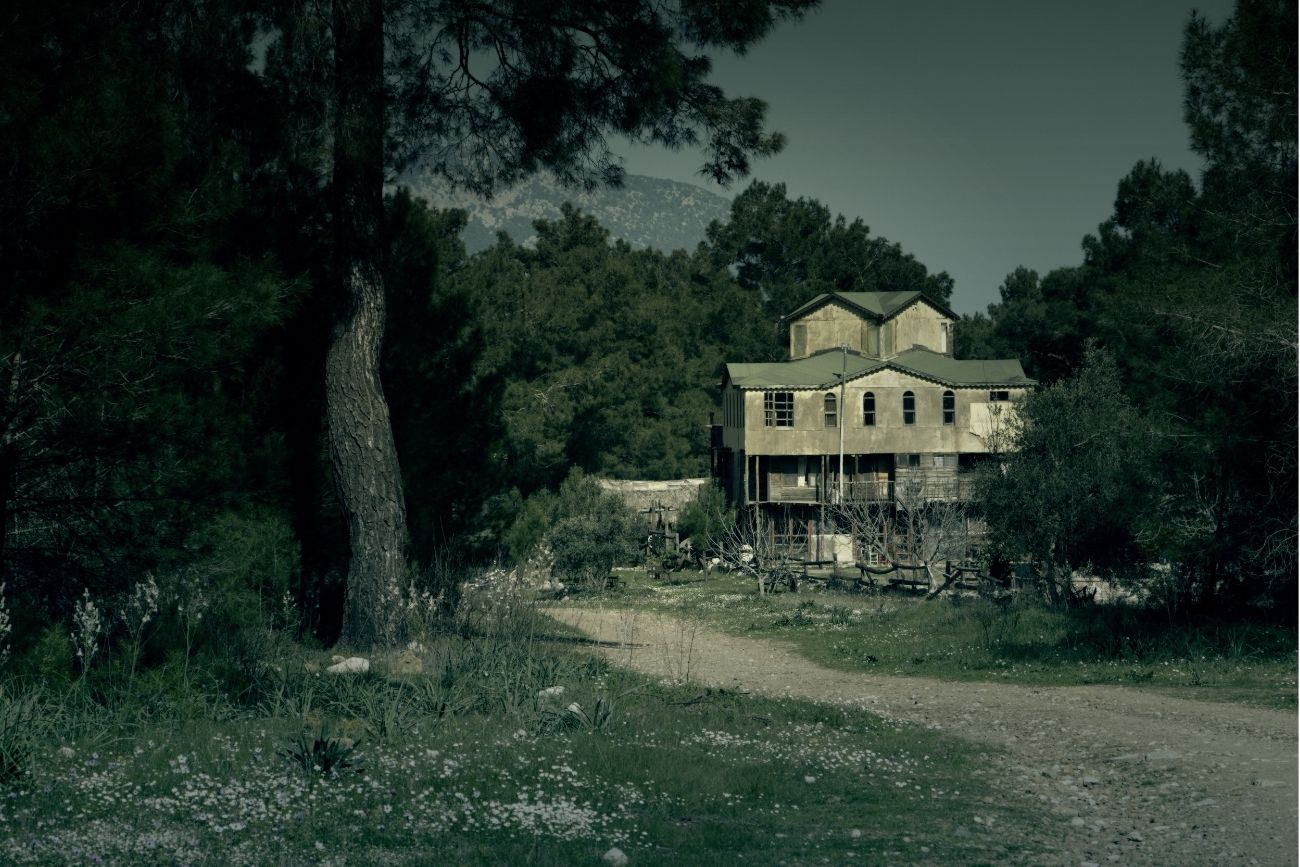
Colombian Spanish Stories for Beginners: 23 Essential Travel Phrases
When visiting a vibrant and diverse country like Colombia, learning some local expressions is key to making the most of your experience. If you’re learning Spanish and want to dive deeper into the dialect, Colombian Spanish Stories for Beginners is a perfect resource. This book not only helps you improve your comprehension but also introduces you to local phrases that will enhance your understanding of everyday conversations. In this article, you’ll discover 23 essential Colombian Spanish phrases that will help you communicate more fluently and enjoy your trip to the fullest.
Moreover, for those learning Spanish, this book offers short stories packed with common expressions and local vocabulary. These stories are a great way to better understand Colombian culture and its unique phrases.
Why Learn Colombian Colloquial Expressions?
Colombia is a country rich in culture and diversity, and its language reflects that. Colloquial expressions not only help you understand Colombians better, but they also allow you to connect with them more authentically. Furthermore, using local slang shows respect for the culture and can open doors to more meaningful conversations.
Here’s a list of 23 phrases that will be incredibly useful during your travels.
Expressions for Everyday Conversations
- ¡Qué chévere! – Used to say something is cool or great.
- La vuelta – Refers to an errand or task.
- Estar amañado – Means to feel comfortable or at home.
- ¡Hágale! – Used to motivate or approve an action.
- Un tinto – Refers to black coffee in Colombia.
Using these phrases will help you feel more confident in your everyday interactions with locals, whether you’re asking for coffee or running errands.
Social and Cultural Phrases
- Parcharse – To hang out or relax with friends.
- ¿Qué más? – A common greeting, similar to “How are you?”.
- Guaro – Short for aguardiente, a popular Colombian drink.
- Rumbear – To party or dance.
- Camellar – Means to work.
These phrases are essential if you’re planning to socialize, enjoy Colombia’s famous nightlife, or simply experience the local culture.
Ready to master Colombian Spanish and impress native speakers?
Colloquial Terms for People and Situations
- Chino(a) – Refers to a child or young person.
- ¡No joda! – An expression of surprise or frustration.
- Coger – To take or grab (not vulgar in Colombia).
- Chévere – Another way to say something is great or nice.
- Bacano – A synonym for chévere but more informal.
These common expressions will help you understand conversations and participate in casual chats without feeling lost.
Slang for Difficulties and Relaxation
- Paila – Used when something goes wrong.
- Culicagao – Refers to a mischievous or annoying child.
- Tranquilo(a) – Means “don’t worry” or “relax”.
- Llevar del bulto – To face the consequences of something.
Knowing how to express both frustration and reassurance will be useful in tricky or unexpected situations.
Regional and Cultural Specific Terms
- Costeño(a) – Refers to people from Colombia’s Caribbean coast.
- Dar papaya – To put yourself in a vulnerable situation.
- Plata – The colloquial word for money.
- Finca – A country house, often referred to as a getaway location.
These regional and cultural phrases will enhance your understanding of Colombia’s unique landscape, people, and traditions.
How These Phrases Will Help You on Your Trip
By using these phrases, you will navigate Colombian Spanish with more confidence and integrate better into the local culture. Colombians are known for their friendliness and hospitality. Thus, making an effort to speak their language in a colloquial way will certainly earn you extra points.
For those learning Spanish, familiarizing yourself with these expressions through reading is an excellent way to reinforce your learning. That’s why we recommend Colombian Spanish Stories for Beginners, which includes stories filled with expressions and native vocabulary. Through reading short stories, you’ll improve your understanding of the Spanish spoken in Colombia and learn phrases that go beyond what’s taught in a classroom.






